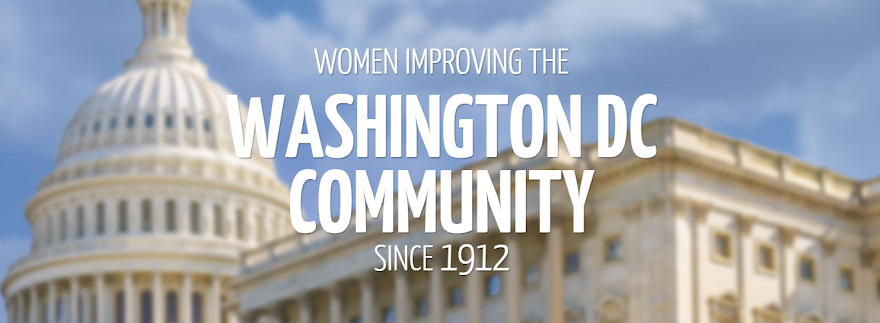On June 14, JLW members LaTonya Clark, Beverly Kirk, and Tycely Williams participated in the White House United State of Women Summit. The PR and New Media Committee caught up with them to learn more about the Summit and how it – similar to JLW’s mission – aims to develop the potential of women.
What did you learn about the state of women and girls as a result of attending the Summit?
Kirk: The United State of Women Summit was a terrific opportunity to learn what women working in different areas consider their biggest challenges and greatest successes. There were lots of great examples that allowed women from different backgrounds and walks of life to see just how much they have in common.
Williams: Attending the first United State of Women Summit was wildly educational and informative. While there were many gains to celebrate, we were reminded of the need to continue to fight for gender equality. I was not aware of the severity and pervasiveness of sexual violence against young women in the United States. Vice-President Biden, in his riveting speech, shared one in five female students has been sexually assaulted on college campuses. I was shocked to learn so many of our girls are violated in a place that exists to build them up rather than tear them down. I left with a commitment to learn more about sexual violence at my alma mater, and I intend to use my voice and influence to ensure we create safer educational environments.
What was the most memorable aspect of the Summit?
Clark: There are so many! I don’t know any other setting where, in one day, I heard speeches from President Obama, First Lady Michelle Obama, Vice President Biden, Dr. Jill Biden, Oprah Winfrey, Warren Buffet, and Kerry Washington! It was inspiring, uplifting, and gave me a regrounding of the importance that women give to our families, communities, workplaces, schools, and country every single day.
What segment of the Summit most resonated with you and why?
Kirk: My biggest takeaway was that there are smart, powerful women working in Washington in just about every subject area. The country needs to hear these voices more often, and the Summit was just one opportunity to hear from them. I manage the Smart Women, Smart Power Initiative at CSIS, which is aimed at amplifying the voices of women in foreign policy, security, and international business; I think there's no reason that expert panels in academia, the think tank world, or the media should be all-male, so if nothing else, the Summit put smart and powerful women front and center.
Williams: It is hard to pinpoint one speaker or one topic—literally, everyone and every subject moved me. Yet, growing up in the early eighties, it is hard for me not to relish in the wisdom and wonder of Oprah Winfrey. I most enjoyed the authentic conversational interview between Oprah and First Lady Michelle Obama. When asked by Oprah how she copes with skeptics, First Lady Obama shared she lets her work speak for itself. She firmly asserted the best way to shut up haters was to do good work. Every woman uniquely understands the heaviness of naysayers and negativity. And I hope, like First Lady Obama, JLW members find the strength to wake up every day and do meaningful work—our children, companies and communities need our contributions.
What was your favorite quote from one of the speakers?
Clark: President Obama stated, “It’s hard to be what you can’t see.” This really sat with my soul for days after the Summit. For a lot of young girls and young women, they don’t have the opportunity or family support to expose themselves to professional women. How can a young woman know what it means to be a doctor, lawyer, scientist, college professor, PR executive, or news broadcaster if they don’t see it every day? I walked away from that speech dedicating myself to be the woman who helps to shape and influence a young women to rise above and shoot for her best.
What’s next?
Williams: The Summit brought in celebrities and national political leaders to renew our collective commitment to gender equality. Now that the Summit is over, the work resumes. Organizations like Junior League must continue to develop the potential of women in order to achieve equal treatment, equal pay and equal opportunity. In 2014, Census Bureau findings revealed the median annual earnings of women 15 or older who worked year-round and full-time was $39,621. In comparison, the median annual earnings of men were $50,383. From the wage gap to sexual violence, there are a wide range of issues negatively impacting women and girls in every corner of our country. I am very proud of JLW’s past contributions—in Washington and beyond, we’ve funded and advocated for significant institutional change and gender equality. We must continue to improve our community and fight for equity.
 |
Above: President Obama during his keynote speech at USOW. Bottom right: JLW members Tycely Williams and LaTonya Clark.
|
 |
| JLW member Beverly Kirk at the United State of Women Summit. |
 |
| Vice President Joe Biden speaks at United State of Women Summit. |



